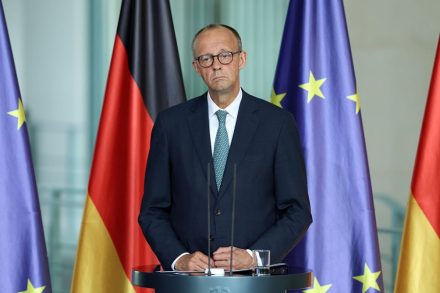Why German conscription should worry Britain
For years, Germany, like Britain, has drifted through history as though nothing could ever again disturb its peace. The world outside was assumed to be orderly, rational, restrained. Conflict was something that happened elsewhere. The Bundeswehr, neglected to the point of embarrassment, became a case study in strategic complacency. Germany’s political class preferred moral posturing












